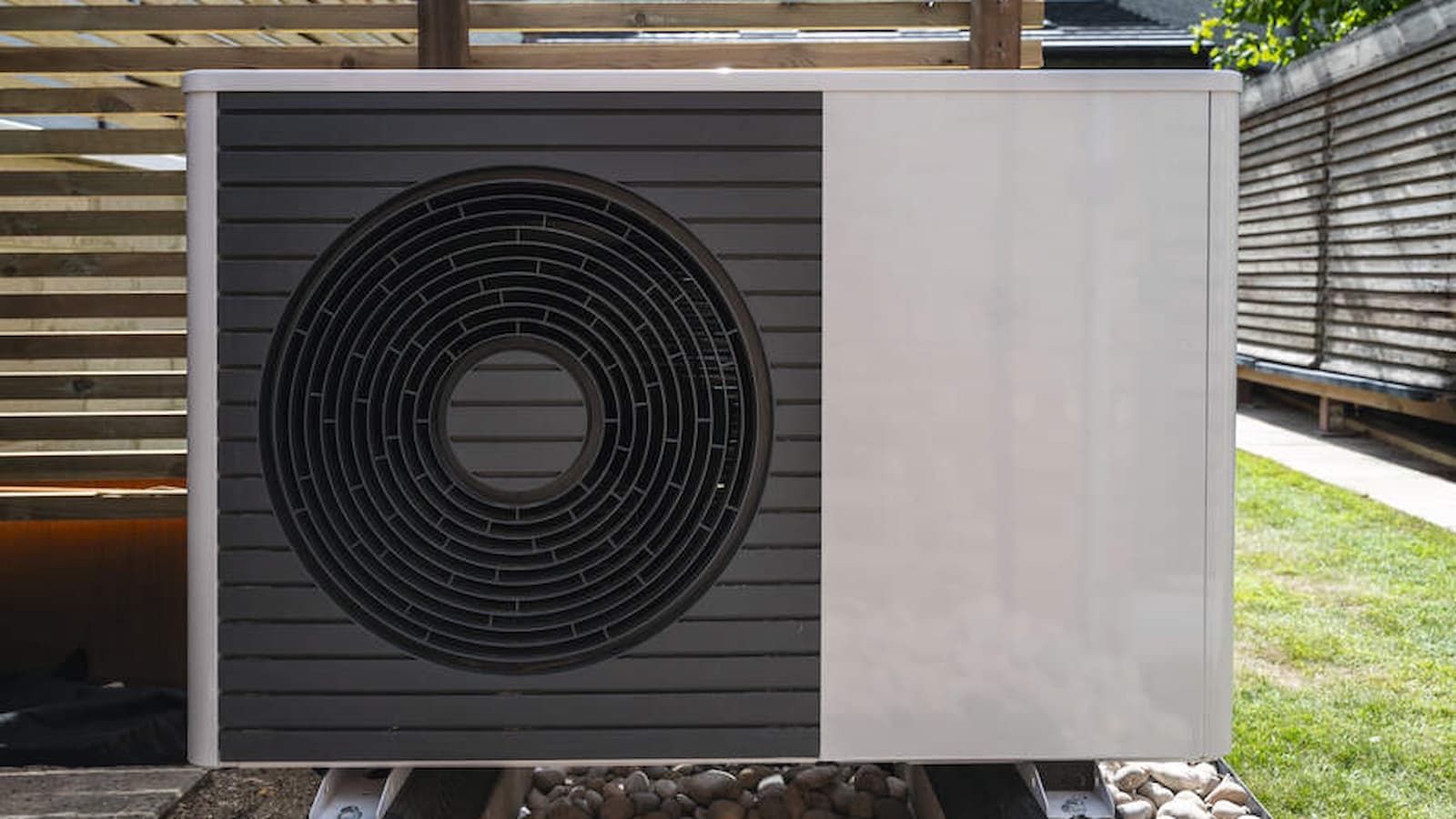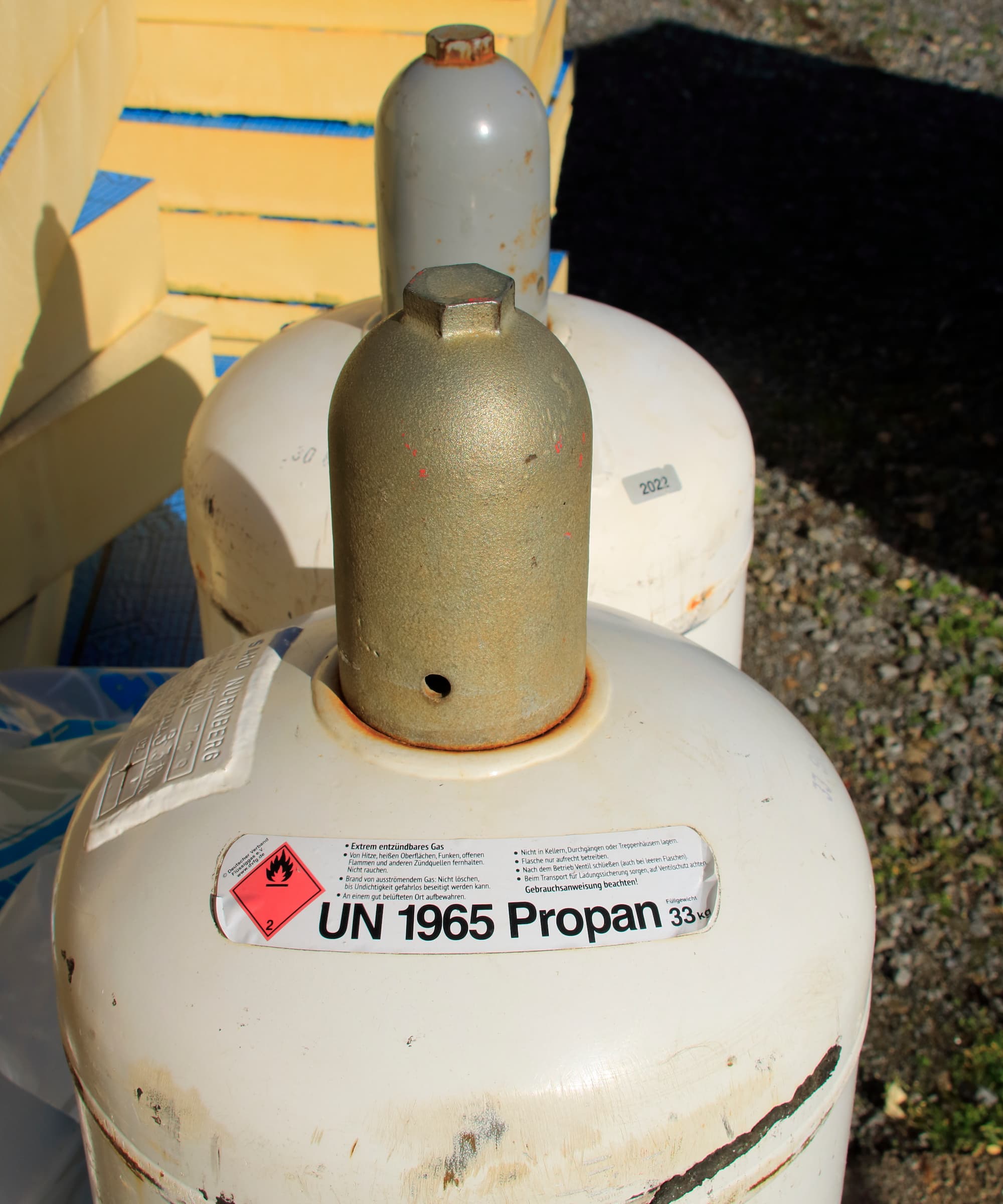EU addresses fire safety concerns with R290 refrigerants in heat pumps
The rise of R290 heat pumps in homes prompts a closer look at their safety for UK homeowners amid EU measures to improve their safety

A new EU-backed project aims to enhance safety measures for R290, a propane-based refrigerant used in residential heat pumps.
Co-funded by the European Union, the SkillSafe project seeks to create guidelines for installers and consumers handling flammable refrigerants like R290.
This comes as R290 gains popularity in air source heat pumps due to its environmental and energy efficiency benefits, despite concerns about its flammability.
What are the fire safety risks with R290?

R290 is being adopted in heat pumps due to its environmental benefits, but its flammability raises safety concerns for some people, especially when used in residential properties.
David Hilton, an expert in sustainable buildings and energy efficiency, explains his viewpoint: “In a heat pump, you’ve essentially got a small amount of propane, like a teapot full. But consider this – every caravan park has two massive 47kg bottles of propane. If we're comfortable having those outside our homes, then having a small amount in a contained environment isn’t really a problem.”
Hilton also notes a unique characteristic of R290: "Propane in the form of R290 has no smell. The typical gas smell is added as an impurity, but because of how refrigerants work, adding such impurities can interfere with their function. This means that in the event of a leak, you wouldn’t smell it, so proper management is essential."

With more than 35 years of expertise, David is a seasoned renewables and ventilation installer, recognised for his longstanding contributions to Homebuilding and Renovating magazine. Holding membership in the Gas Safe Register and armed with a Masters degree in Sustainable Architecture, David stands as an authoritative figure in sustainable building and energy efficiency. His extensive knowledge spans building fabrics, heat recovery ventilation, renewables, and conventional heating systems. Additionally, he serves as a distinguished speaker at the Homebuilding & Renovating Show.
What is the scheme to improve R290 safety?
As R290 continues to gain popularity, the industry is focusing on balancing its advantages with safety measures to ensure its efficient and secure use in homes.
Get the Homebuilding & Renovating Newsletter
Bring your dream home to life with expert advice, how to guides and design inspiration. Sign up for our newsletter and get two free tickets to a Homebuilding & Renovating Show near you.
The EU's SkillSafe project, supported by the European Heat Pump Association, aims to develop safety guidelines for installers and consumers using heat pumps with flammable refrigerants like R290.
Led by Daikin Europe, the project addresses the need for better safety practices, ensuring protection during installation, use, and disposal.
Backed by €1.3m, it will develop risk assessments and pilot guidelines in five countries to improve safety standards and accelerate the use of sustainable heating solutions.
Is it safe to have R290 powered heat pumps?
Although a pilot scheme is being tested abroad, UK homeowners may still have concerns about using R290 in heat pumps due to fire risks.
However, energy expert David Hilton reassures that the chances of ignition are low. He explains: "With a monobloc heat pump, any leak would quickly dissipate into the air...for it to ignite, there would have to be a certain mix of propane to air."
As long as leaks don't occur near drains, Hilton believes the challenge is manageable and the risks are minimal.
More major heat pump providers, such as AIRA, Panasonic, Ideal Heating etc. are switching from using F-gas refrigerant-powered heat pumps to R290 due to its lower environmental impact and higher energy efficiency.

News Editor Joseph has previously written for Today’s Media and Chambers & Partners, focusing on news for conveyancers and industry professionals. Joseph has just started his own self build project, building his own home on his family’s farm with planning permission for a timber frame, three-bedroom house in a one-acre field. The foundation work has already begun and he hopes to have the home built in the next year. Prior to this he renovated his family's home as well as doing several DIY projects, including installing a shower, building sheds, and livestock fences and shelters for the farm’s animals. Outside of homebuilding, Joseph loves rugby and has written for Rugby World, the world’s largest rugby magazine.
